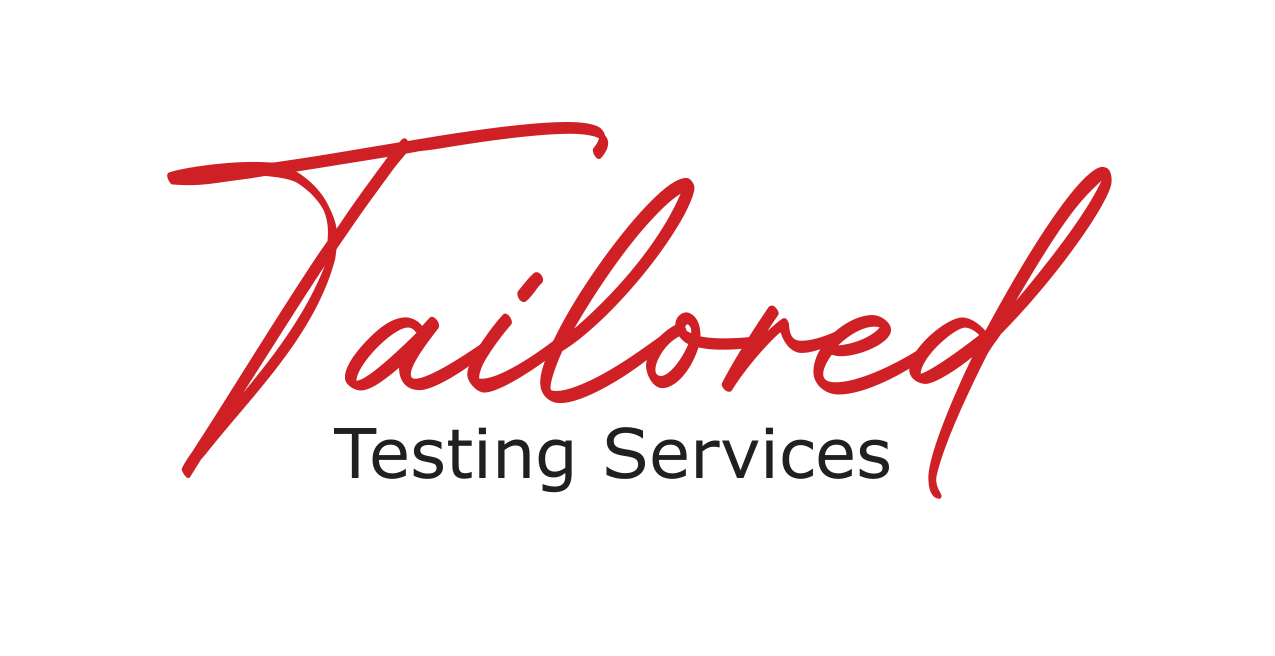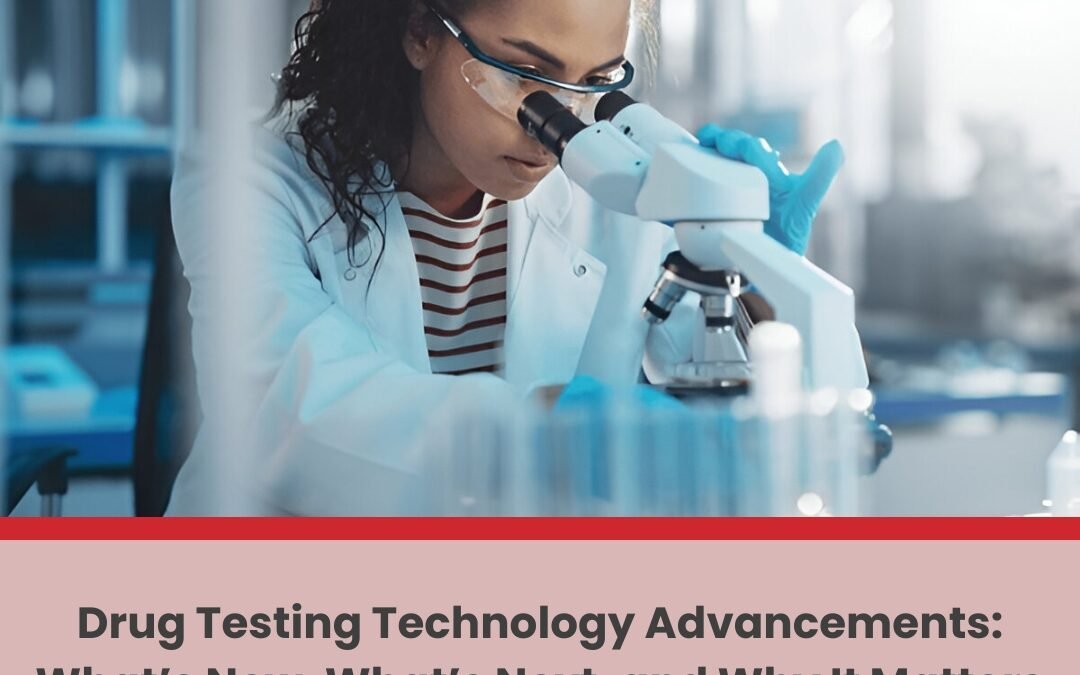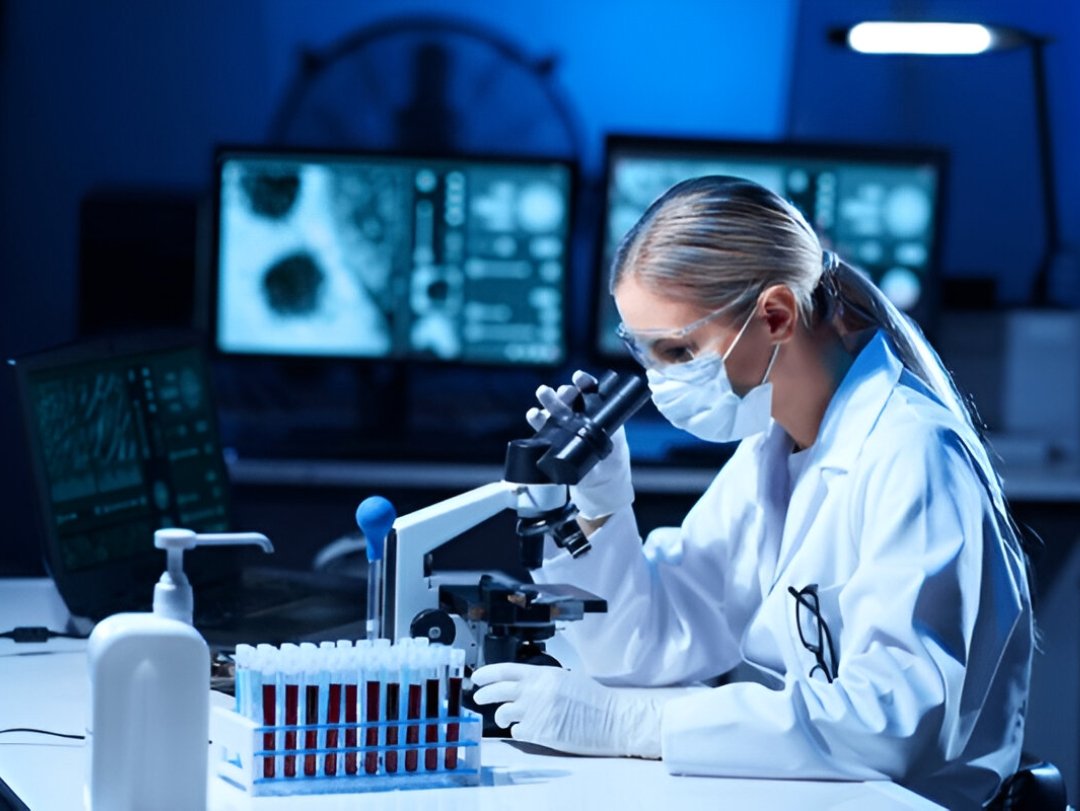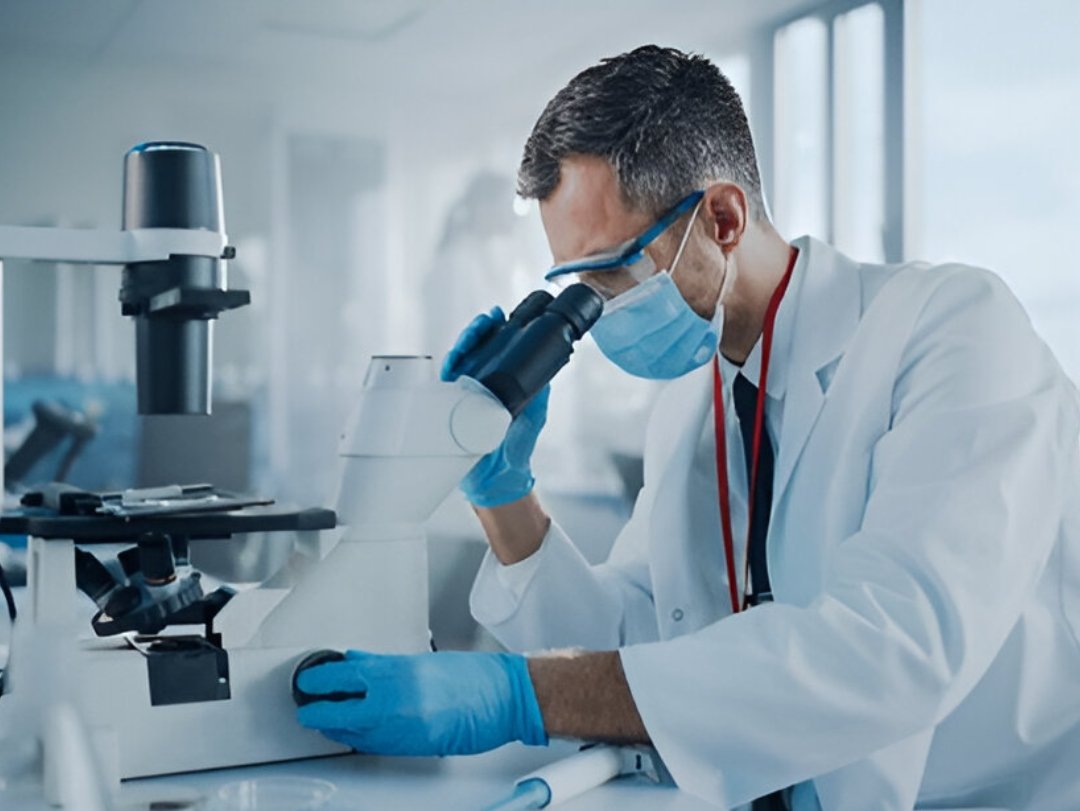Introduction
Drug testing is important for maintaining safety and security in workplaces, schools, and industries. It ensures that individuals who might be impaired are identified quickly. However, the way drug tests are conducted has evolved with technological advancements. These improvements make the testing process faster, more accurate, and more reliable.
In this post, we will look at the latest drug testing technology advancements, what’s coming next, and why these advancements matter. By staying up-to-date with these developments, businesses and organizations can improve workplace safety, efficiency, and compliance with regulations.
Understanding Drug Testing Technology Advancements
What Are Drug Testing Technology Advancements?
Drug testing technology advancements refer to improvements in the tools and processes used to conduct drug tests. These developments focus on making drug testing faster, more accurate, and easier for employers and employees alike. The key goal is to reduce human error, ensure accurate results, and speed up the overall process.
For example, new mobile testing units allow employers to conduct tests right at the workplace. This eliminates the need for employees to travel to a separate lab, saving time and improving efficiency. Another exciting advancement is lab-on-a-chip technology. This allows drug tests to be performed on a small device, much like a medical test strip, making testing portable and quick.
Why Drug Testing Technology Advancements Matter
In today’s fast-paced world, staying up-to-date with the latest testing technology is essential. These advancements help to ensure that tests are more accurate and provide results more quickly. This is particularly important in workplaces where safety is a concern. For example, an employee who uses drugs might pose a risk in jobs that require heavy machinery or operating vehicles.
Additionally, newer technology ensures that testing processes are more efficient. With older methods, tests could take days or even weeks to return results. Modern systems, however, can provide results in hours, allowing businesses to take action more quickly. This helps employers maintain a safer and more compliant workplace. Without up-to-date technology, businesses may face risks from outdated practices, which can cost time and money.
What’s New In Drug Testing Technology?
The Rise of Mobile Drug Testing Solutions
One of the most significant developments in recent years is the rise of mobile drug testing solutions. These solutions are convenient for employers because they allow for on-site testing. Whether it’s a random drug test or a routine check, mobile drug testing units make it easy to conduct tests at the workplace. Employers can test employees without requiring them to leave the premises or wait for days for results.
Mobile testing also helps reduce downtime, which is a key advantage for businesses that need to minimize disruptions. In industries like construction or manufacturing, downtime can lead to lost productivity, which can hurt the bottom line. Mobile drug testing ensures that testing doesn’t get in the way of day-to-day operations.
Advances In Drug Testing Accuracy With AI & Machine Learning
Artificial intelligence (AI) and machine learning are making a huge impact on drug testing technology. These technologies are improving the accuracy of drug tests. AI algorithms can analyze data more efficiently and with greater precision, allowing for a faster identification of any patterns related to drug use. AI can also help predict drug usage trends, which can assist employers in planning and implementing drug testing programs more effectively.
Machine learning helps improve detection rates by training models based on large amounts of historical test data. Over time, these models become better at identifying even small traces of drugs. This makes the testing process not only more accurate but also more efficient.
Lab-On-A-Chip Technology: The Future Of Testing?
Lab-on-a-chip technology is another exciting innovation in the world of drug testing. It allows drug tests to be conducted on a small chip that works similarly to a lab test. The advantage is that this technology makes testing portable and faster. This means that tests can be performed in remote areas or places where traditional labs aren’t accessible.
For small businesses or industries that need quick, on-site results, lab-on-a-chip technology offers a solution. These devices are compact, user-friendly, and can be used by non-experts, making drug testing more accessible and efficient.
What’s Next For Drug Testing Technology Advancements?
The Role Of Wearable Devices In Drug Monitoring
Wearable devices are another potential future trend for drug testing. These devices, which can be worn on the body, will allow real-time monitoring of drug use. For example, sweat sensors could detect substances in a person’s system continuously. This would give employers a way to monitor employees without requiring them to take a test every time.
These wearable devices have the potential to provide ongoing monitoring of workers, especially in high-risk environments. For example, in industries like transportation or construction, drug impairment can be particularly dangerous. Wearable devices could offer real-time data about a worker’s state, helping to prevent potential accidents. This could help prevent accidents before they happen.
Future Integration With IoT (Internet Of Things)
The Internet of Things (IoT) refers to the network of connected devices that communicate with each other. In the future, drug testing technology could be integrated with IoT systems. This means that data from drug tests could be collected, analyzed, and shared automatically with HR or management, making the process more seamless.
For example, when a drug test is performed, the results could be immediately transmitted. This saves time and improves communication with the appropriate parties. This could also help employers track and manage employee testing data more efficiently.
Next-Gen Biometric Drug Testing
Biometric drug testing is a cutting-edge idea that could change how tests are performed. This technology uses biometric identifiers like fingerprints or retina scans to confirm a person’s identity before the test is conducted. This adds an extra layer of security and ensures that the right person is being tested.
For employers, this could mean fewer issues with false results or cheating. Biometric testing could also make the process faster, as there would be no need to manually verify the identity of the person being tested. However, concerns about privacy and data security would need to be addressed to ensure the responsible use of such technology.
Why Drug Testing Technology Advancements Are Essential For Employers
Improving Workplace Safety With Better Testing Technology
One of the main reasons drug testing technology advancements are so important is that they help improve workplace safety. The faster and more accurate testing methods become, the better employers can prevent accidents caused by impaired employees. For example, a worker who is under the influence of drugs may be more prone to making mistakes, which could result in accidents or injuries.
By adopting the latest drug testing technologies, employers can ensure that their workers are fit for duty. This helps create a safer environment for everyone. Testing technologies like mobile units and lab-on-a-chip devices allow businesses to test employees more regularly and with greater efficiency.
Enhancing Employee Trust And Accountability
Another key benefit of drug testing technology advancements is the potential to increase trust and accountability in the workplace. Newer technologies provide more accurate and transparent results, which can lead to greater employee confidence in the process. If employees believe that the testing process is fair and accurate, they are more likely to trust it and follow the rules.
Advanced testing technology also promotes accountability. Employees know that the tests are reliable and that the results will be acted upon promptly. This encourages workers to adhere to workplace policies and maintain a drug-free environment.
Staying Compliant With Regulatory Changes
Drug testing regulations are constantly evolving, and staying compliant can be challenging for businesses. Drug testing technology advancements help employers keep up with these changes by providing tools that are better equipped to meet new standards. If there is a change in testing protocols, modern technology helps employers stay on top of these updates. It also assists when new substances are added to the list of banned drugs.
Employers who use outdated testing methods might find themselves at risk of non-compliance. Using the latest technology ensures that businesses are always following the most current regulations, which can help avoid costly fines and legal issues.
Conclusion
Drug testing technology advancements are transforming the way we test for drugs in the workplace and other environments. From mobile units to wearable devices and AI-powered analysis, these advancements provide faster, more accurate, and more reliable results. By adopting the latest technology, businesses can improve workplace safety, raise employee trust, and stay compliant with regulations.
Want to stay ahead with the best drug testing solutions? Explore how Tailored Testing Services can help you implement the latest drug testing technology advancements in your workplace.
FAQ
Q1: What are the benefits of drug testing technology advancements?
A1: The main benefits include faster results, greater accuracy, improved workplace safety, and raised compliance with regulations.
Q2: Can mobile drug testing units replace traditional lab tests?
A2: Yes, mobile units allow for on-site testing, which saves time and reduces downtime, making it an excellent option for many businesses.
Q3: How does AI improve drug testing accuracy?
A3: AI helps by analyzing large datasets and identifying patterns in drug use, improving detection rates, and allowing for faster, more accurate results.
Q4: What are the privacy concerns with biometric drug testing?
A4: While biometric testing offers increased security, there are concerns about data privacy and the potential for misuse, which must be addressed by employers.
Q5: How can wearable devices help in drug monitoring?
A5: Wearable devices can monitor employees’ drug use in real-time, providing continuous data that can help identify impaired workers before accidents occur.




